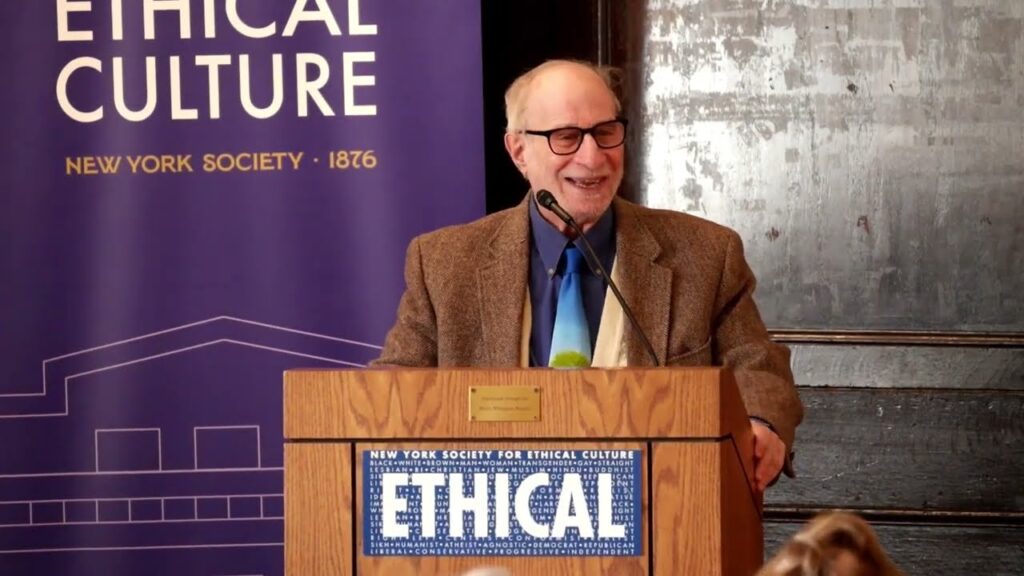
At The New York Times, opinion columnist Pamela Paul looks at “flagrant” attacks on the separation of church and state in Louisiana and Oklahoma, and the effort to impose a Christian nationalism behind the veil of the phrase “Judeo-Christian values.”
Paul compares it to our founder Felix Adler’s foundational, democratic vision that ethical action is more important than adherence to any particular sect or dogma:
In a suit challenging the Louisiana law, Americans United for Separation of Church and State noted that among the state’s approximately 680,000 students, many do not practice any religion at all. In response, Landry called on his followers to “stand up for Judeo-Christian values.”
While most of the Ten Commandments involve universal principles, and moral precepts can be found in the Bible, not everyone draws ethical guidelines from religion. And when the Ten Commandments say, “Thou shalt have no other gods before me,” the implication is that there is one true god. That is decidedly not true for all Americans. Some atheists and secular humanists embrace the ideal put forth by Felix Adler, the founder of the Society for Ethical Culture, of deed before creed — that how we act is far more important than what we profess to believe.
Politicians, many of whom regularly flout Adler’s ideal, rarely bother to include nonbelievers — those of us who are not what politicians refer to as people of faith — in their supposedly inclusive rhetoric. This is where leaders of both parties, with their public prayers and displays of religiosity, typically alienate people like me whose principles do not stem from belief in a god.
Read the full column at The New York Times here.
Watch Now: The Religious Right and the Threat to American Democracy
At our June 23 Sunday Platform, Leader Dr. Joe Chuman sat down with Frederick Clarkson, Senior Research Analyst at Political Research Associates, to examine the current state of the Religious Right and the threat it poses to democracy in the United States:







